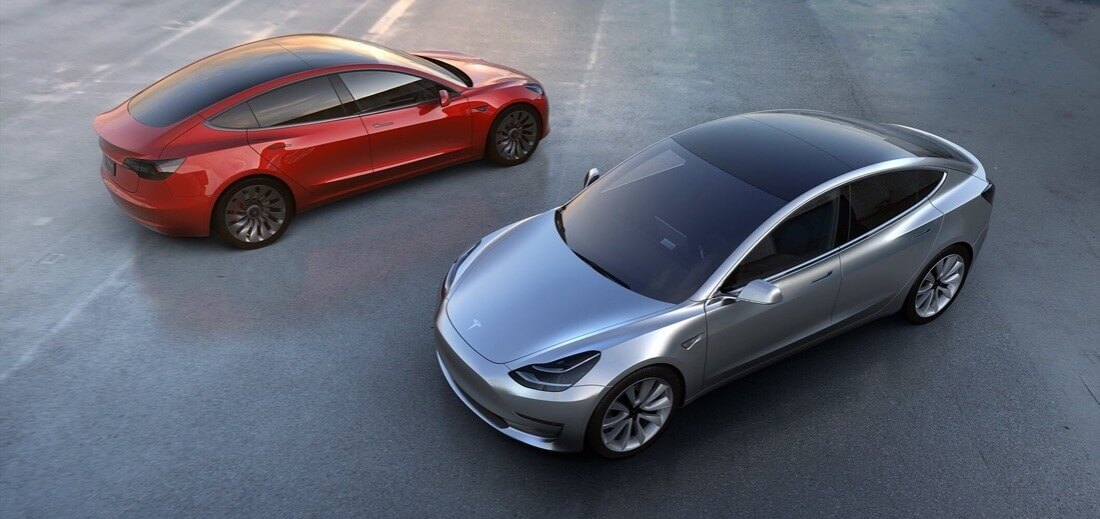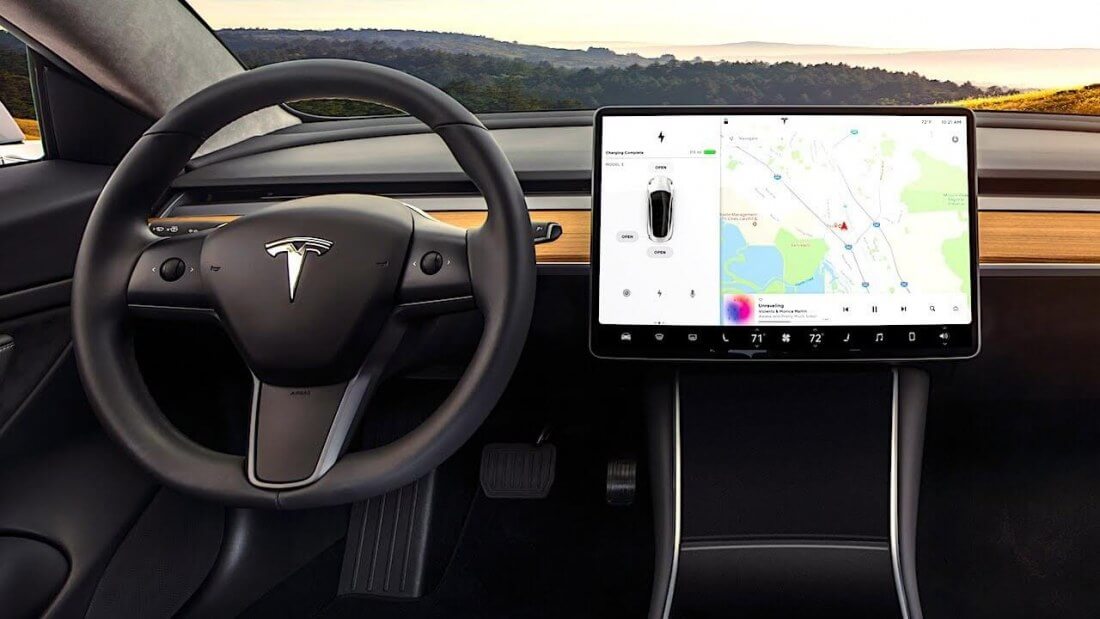Why it matters: Tesla has faced numerous issues with their mass-market Model 3 sedan since its debut in 2016. Much to the frustration of those who put a $1,000 deposit down on the vehicle, these problems are mainly a result of numerous production delays. Now, it might be possible to quantify that frustration: the Model 3's total refund percentage sat at 23 percent as of April, 2018.

The past year has not been the best time to be a Tesla fan. Not only has the company faced scrutiny over numerous Autopilot crashes, but it has had some serious issues with its Model 3 all-electric sedan.
These problems are primarily related to the vehicle's many production hiccups and delays. While Tesla hopes to improve production soon, it seems it's too little, too late for some Model 3 customers.
Since the mass-market vehicle's debut in 2016, Tesla has received hundreds of thousands of reservations for the Model 3. Data firm Second Measure (SM) now reports that a whopping 23 percent of those reservations had been refunded as of April, 2018.
While it's possible that this relatively high refund rate is merely a result of changing financial situations, it isn't likely.

After all, if that were true, you'd expect the overall cancellation percentage to be relatively low, or at least consistent over time. However, SM's reports show that the bulk of the Model 3's total refunds occurred very recently; between January and April of 2018, specifically.
This suggests that the Model 3's production delays have finally caused the patience of many customers to wear thin.
Additionally, SM's information only accounts for cancellations that have successfully been refunded. Customers who haven't received their refunds yet are not represented in the firm's report.
Regardless, Tesla hopes to produce around 5,000 vehicles per week this summer, so the company may be able to slow the refund rate soon as more Model 3s ship out to customers.
https://www.techspot.com/news/74923-23-percent-tesla-model-3-reservations-have-refunded.html